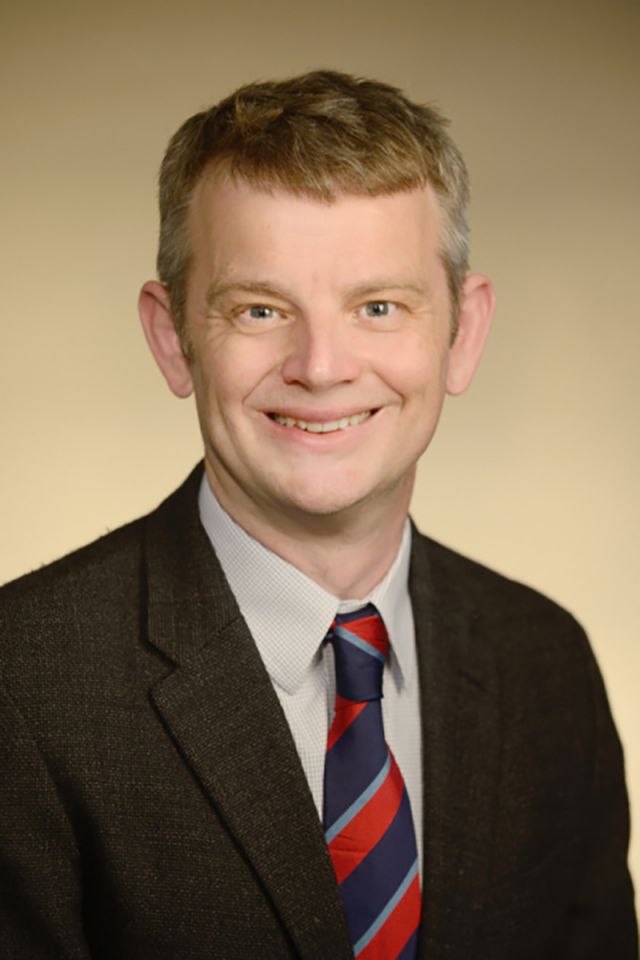Kenneth S. Campbell, Ph.D. Professor Department of Physiology and Division of Cardiovascular Medicine University of Kentucky Title: Towards Data-driven Optimization of Therapy for Heart Failure

CBE SEMINAR (In-Person + Zoom)
This CBE Seminar will be hosted in person as well as online via Zoom. RSVP to receive the zoom link by emailing info@bioengineering.ucsb.edu.
Zoom will open after the host has joined at the start of each seminar. You can ask questions through the chat forum and by raising your "hand" and the speaker will call on you.
Speaker
Kenneth S. Campbell, Ph.D.
Professor
Department of Physiology and Division of Cardiovascular Medicine
University of Kentucky
Faculty Host
Beth Pruitt
11:00 am in Bldg. ESB Room # 2001
Title: Towards Data-driven Optimization of Therapy for Heart Failure
Abstract
The Campbell lab integrates biophysical, biochemical, and computational techniques to develop better therapies for patients who have heart failure. We have special expertise in sarcomere level mechanics but are increasingly trying to extend beyond the myofilaments to explore system-level physiology.
PyMyoVent is a computer model that bridges from molecular to organ-level function and simulates a left ventricle pumping blood through the systemic circulation (PMC7466769). Initial work with PyMyoVent focused on the End Systolic Pressure Volume Relationship (ESPVR) and identified multiple therapeutic strategies that might enhance cardiac contractility. We have now extended PyMyoVent by adding baroreflex control of arterial pressure. The control algorithm is inspired by the underlying biology and modulates heart rate, intracellular Ca2+ dynamics, the molecular-level function of both the thick and the thin filaments, and vascular tone to maintain arterial pressure in response to physiological perturbations.
We are also developing growth algorithms that allow PyMyoVent’s ventricle to constrict/dilate (eccentric growth) and thicken/thin (concentric growth) in response to changing hemodynamic conditions (for example, valve disease) and/or sarcomere-level dysfunction (for example, destabilization of the myosin super-relaxed state).
BIO
Ken Campbell grew up in Scotland, studied physics as an undergraduate, and completed PhD and postdoctoral training in skeletal and cardiac muscle mechanics. He joined the University of Kentucky as an Assistant Professor in 2004.
The Campbell lab is increasingly focused on translation and integrates biophysical, biochemical, and computational techniques to develop better therapies for heart failure. The team collaborates daily with cardiologists and surgeons and has created a large biobank of human myocardium collected from organ donors and patients receiving cardiac transplants and ventricular assist devices. This resource (currently holding ~10,000 samples from ~400 people) supports collaborations with multiple groups world-wide.
Outside the lab, Ken is Director of Graduate Studies for Physiology, delivers ~130 lectures / year on muscle, cardiovascular physiology, and scientific computing, and directs the 100 hour medical school cardiology course. He also leads a biobanking program for the Center for Clinical and Translational Science that has enrolled 45,000 patients. In 2020, Ken worked with stakeholders from across the University of Kentucky to develop a COVID-19 focused biobank that helped to accelerate research focused on the virus.